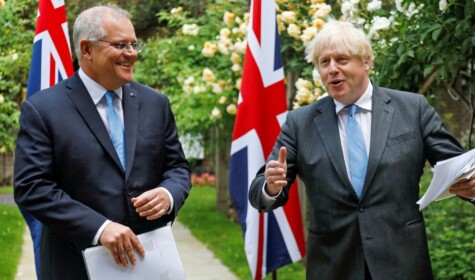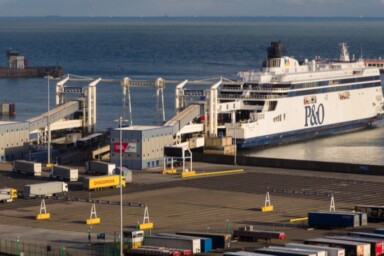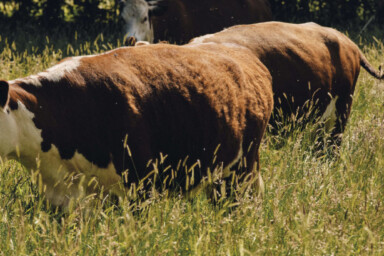Wherever in the world livestock are produced, it’s not about the cow but the how. Our cattle come from a mainly grass-fed nation and we have one of the best carbon footprints for beef production in the world. In contrast, imported Australian beef will likely be produced on feedlots, fed on grain and full of antibiotics and growth promoting hormones.
The UK could be largely self sufficient in beef, but a trade deal with Australia will undercut our home-grown, environmentally friendly, high welfare beef producers. Northern Ireland, Scotland and Wales will be most affected and this United Kingdom will become ever more disunited as the farmers of these countries are neither supported nor respected.
Given the overwhelming urgency of the climate crisis and the need for food systems which improve public health, it seems extraordinary that the Prime Minister would negotiate a trade deal which takes no account of these factors. All international trade in food should be restricted to climate friendly, safe and nutritious food. However, a restriction-free trade agreement will almost certainly result in imports of the cheapest beef from feedlots which is neither climate friendly nor healthy.
The UK Government has a great opportunity to redefine the terms of international trade in food, only allowing free trade with food that is produced in ways which address climate change, protect public health and enhance biodiversity. This is the leadership opportunity the Prime Minister must seize at COP26. There’s nothing wrong with the right kind of trade, but this trade deal with Australia is the wrong kind of trade and a missed opportunity.
It seems so blindingly obvious that in a world of existential threats from climate change and biodiversity loss, we should have a ‘Paris agreement’ for food, restricting all future trade and agricultural products to commodities which come from sustainable farming systems and either banning trade altogether in products which fall below this threshold, or at least imposing tariffs which ensure that environmentally unfriendly products are taxed in direct relation to the damage which has been caused by the production system.
If we had such an international agreement, hopefully linked to our harmonised farm sustainability metric – a new common global language which could be used by every food producer in the world – it would be a wonderful step forward. It could be adopted by the World Trade Organisation (WTO), used to reward farmers for delivering public goods, including carbon sequestration in soil. There are so many potential benefits of such an arrangement. It would be so inspiring to see the UK show leadership at this critical moment.
At the Sustainable Food Trust, we have formed a broad and growing coalition to develop the Global Farm Metric, a framework that would put the UK in a position of leadership at this critical moment. We’ve got the means by which we can measure the sustainability of food internationally and upon which we should base all future trade deals.
Updated 4th June 2021






